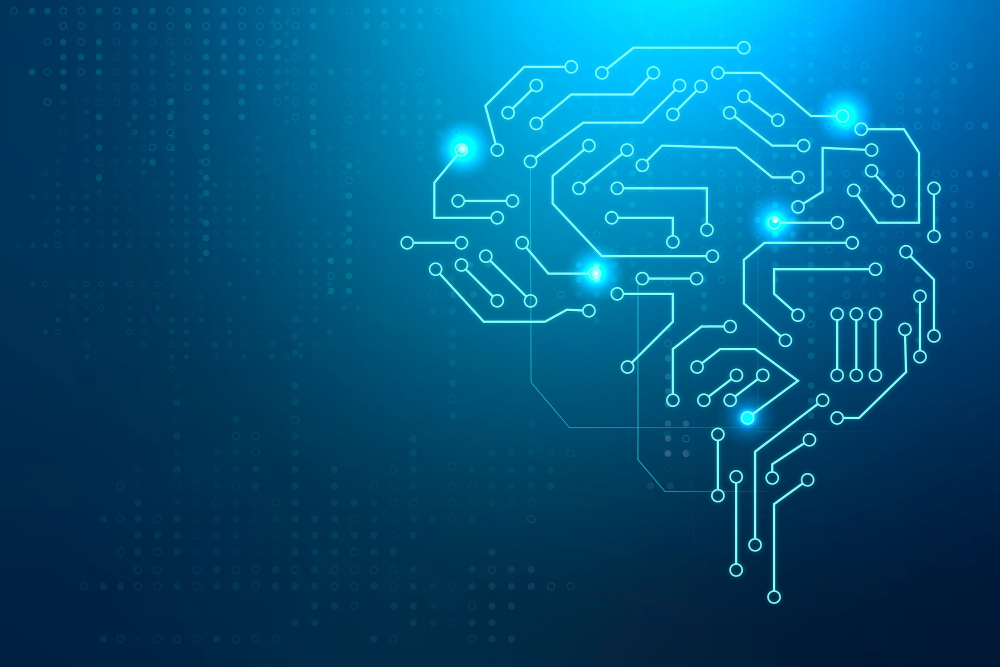Artificial Intelligence (AI) and tools like ChatGPT are shaking up the economy, bringing loads of potential to boost productivity and efficiency. But this revolution also raises questions about job losses, a growing social divide, and what work will look like in the future.
AI is changing the game across industries, with tools like ChatGPT automating tasks like content creation, customer support, and data analysis. These advancements help workers build new skills, streamline their work, and increase their earnings. But this shift also brings challenges and concerns.
Many people worry about job losses as AI takes over tasks once done by humans. While some jobs may disappear, AI can also open the door to new opportunities, like AI developers and data scientists. Plus, tools like ChatGPT can help workers focus on more meaningful tasks like problem-solving and strategic planning, which are harder to automate. This could lead to happier and more productive workers.
But there’s another issue: a growing social gap between those who can use advanced tech and those who can’t. To tackle this problem, governments and organizations need to focus on digital literacy and make AI tech accessible to everyone. By encouraging ongoing learning and upskilling, we can help people adapt to a fast-changing tech landscape and ensure everyone benefits from the AI revolution.
There’s a myth that technology has already automated most jobs, causing a decline in labor opportunities. But the truth is, many labor-intensive jobs have just moved to other continents, like Asia, due to lower labor costs. This highlights the complex relationship between technology, globalization, and economic forces. As tech continues to reshape the economy, it’s important to understand these dynamics and work towards a fair future for all workers.
As AI and tools like ChatGPT change the way we work and live, we need to address concerns about job displacement and social divisions while recognizing their potential to create new opportunities, boost productivity, and enhance our quality of life. By promoting inclusivity, lifelong learning, and equal access to AI resources, we can make sure everyone shares in the benefits of this tech revolution.
In today’s fast-paced world, it’s more important than ever for people to keep learning and adapting. Governments and organizations need to work together to support continuous learning and create a more inclusive, socially-focused economy. This means making education affordable and accessible, developing targeted skill programs, offering financial incentives, and promoting flexible work arrangements. Social policies that focus on reducing inequality and promoting social well-being can help bridge the gap between the rich and the poor, redistributing wealth more fairly, and providing universal social safety nets.
In conclusion, promoting lifelong learning and adopting more social policies are critical for building an inclusive and sustainable economy in the face of rapid technological and economic changes. By focusing on everyone’s well-being and supporting accessible education, skill development, and work-life balance, we can ensure a brighter future for all.
Lastly, making training data and models public is crucial for building trust and promoting innovation in AI. Open access to these resources lets researchers, developers, and the public better understand how AI systems work and hold them accountable. Collaboration leads to more innovative solutions and faster AI advancements. Plus, it helps the wider community identify and address potential biases and ethical concerns, ensuring AI systems are developed responsibly and fairly. In the end, it’s our data that AI systems are trained on, so transparency and collaboration are essential for creating systems that benefit everyone.

